Never would I thought I’d say this, but about a week ago I sat down to play my first game of Magic the Gathering. If you knew me, you’d know that’s not something I do—in fact, it’s the opposite. When it comes to extracurricular activity, I lean toward golf or basketball, and whenever possible leave deep thinking and strategic stuff for work and SEO. The closest I’ve gotten to Magic is Halo or Call of Duty—which isn’t very close. Nonetheless, I got together with friends and gave it a shot.
As a group, we went over objectives, structure, rules/parameters and gameplay. I was introduced to the basics of a deck, how things work and what certain cards do, phases of gameplay, booster packs and drafting, and more. *For those of you interested, these guys do a great job of helping their audience learn the basics, including rules of engagement via a live action demo.
It was an awesome experience to say the least. In fact, I can’t wait to try it again. I don’t consider myself an expert. Still, I can’t help but think about how I could share some of this preliminary knowledge in a way that’s insightful, especially with respect to SEO. Below, discover a few parallels I was able to draw between Magic the Gathering and SEO.
Drafting a Quality Website
Unlike some other games, MTG affords players an opportunity to craft their own decks. And like making a website, drafting one is an important step in the process of setting up the game.
The process itself is time consuming, especially for beginners. *Take my advice, play the game a few times before doing a draft.
Nonetheless, the rules are somewhat straightforward. Using a basic set of guidelines and parameters, found here, the idea is to draft cards from a booster pack(s) until each player has a total of 40 cards; these should be consistent of lands, creatures and non-creatures—distributed amongst different ranges of mana—also noted in the link above.
With respect to these parameters, creating a website that’s optimized for search is very similar. *Never mind the setup and hosting process; we’ll leave that for another day.
Loosely speaking, websites should follow best practice SEO guidelines on things like IA, content and linking. For example, a main website navigation should not span no more than 7 items (discounting mega menus). Including more can be bad practice. Likewise, and with respect to menus, it’s a somewhat well-known rule of thumb to omit links to pages typically reserved for a footer—privacy, disclaimer, etc..In MTG, deck rules function similarly. They should contain a certain number of lands, creatures, and non-creatures. If they don’t, you may not be set up for success further down the road.
There are more layers to this as well– The same way you would think about a mana curve (distribution of mana amongst creatures and non-creatures) is how you might want to consider things like number of blog silos, and/or how many times you should use a certain word or phrase inside a piece of content– that is, if you still believe in keyword density as an SEO ranking signal.
Regardless, whether it’s keyword density, menu length or something more ancillary, like number of ads on a page, there are tons of considerations for building a good website—just like there are rules for developing a good deck in MTG. At the end of the day, a quality deck is required to compete.
Now I realize these aren’t crazy in depth analogies, but the deck drafting process isn’t nearly as complex as gameplay. Believe it or not, the complexity of deck drafting pales in comparison to the difficulty of learning gameplay. The same applies with websites. A ‘quality’ and/or optimized website will only get you so far. In fact it’s only about 25% of the equation. The rest is in how the game is played.
Off-page SEO
In general, SEO is made up of two pretty high level concepts; On-page SEO, and Off-page SEO. On-page SEO has to do with everything regarding the website. As mentioned above, it’s the information architecture, content, accessibility, links and user-experience related things that give way to performance.
Off-page SEO feeds off some similar concepts but focuses mostly on the marketing required to meet optimal performance and SEO objectives. It’s the more time and resource intensive of the two, and arguably the more important.
So if we can draw a comparison between deck drafting and on-page SEO, how is it done for off-page and link building?
Gameplay
Off-page SEO is based mostly on point systems. For Google, this is known as PageRank — Enabled by crawling, PageRank is a system for measuring the equity of websites or pages by popularity of links (and what those links say). In general, the idea is; the more PageRank you have, the better. When combined with things like domain age, trust, relevance, link diversity, distribution, hardware/software and engagement, PageRank can them become something like Domain Authority – a similar metric but in theory possibly more all-encompassing and desirable. Again, the more DA you have, the better– at least in theory.
Building Domain Authority requires quite a bit of experience and skill, and Much like MTG, it requires somewhat of a ‘phased’ approach — The initial phase requires strategic thinking and relationship curation. Link builders, or ‘players’, make strategic moves to establish relationships with site owners who have certain levels of trust and authority in their respective spaces. Then, links are created through carefully crafted campaigns backed by creative and on-brand messaging. Although gamified by point deduction, MTG’s early phases are similar — Spell casting is comparable to campaign development in that it sets the tone and framework for how ‘combat’ will eventually happen. In other words, it gives way to later phases, and allows players to reap the rewards of their earlier efforts.
This is a very detailed process in SEO, and the later phases of combat are marked by pristine communication. Failure to present or communicate your idea can undoubtedly lead to a loss of a link, and ultimately affect the overall outcome of SEO.
Summary
At the end of the day, the idea is simple; the wrong moves can leave players (SEOs) worse off than before, and neither SEO or MTG is truly successful without a deep and comprehensive understanding of how these concepts tie together.
Looking back, I’m grateful I accepted the invite. I think the experience both sharpened my strategic thinking skills and simultaneously worked on my ability to be open minded.
For anybody looking to do the same, I encourage the adoption of both. I have no doubt the experience will yield some of the same sentiments.
To reach me or learn more about SEO, click here.

